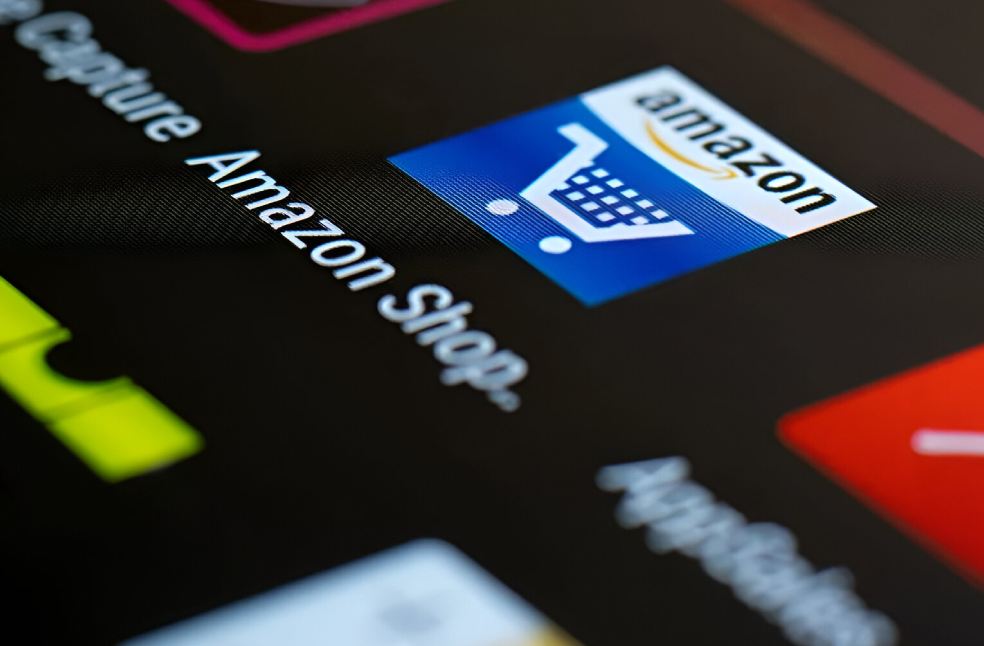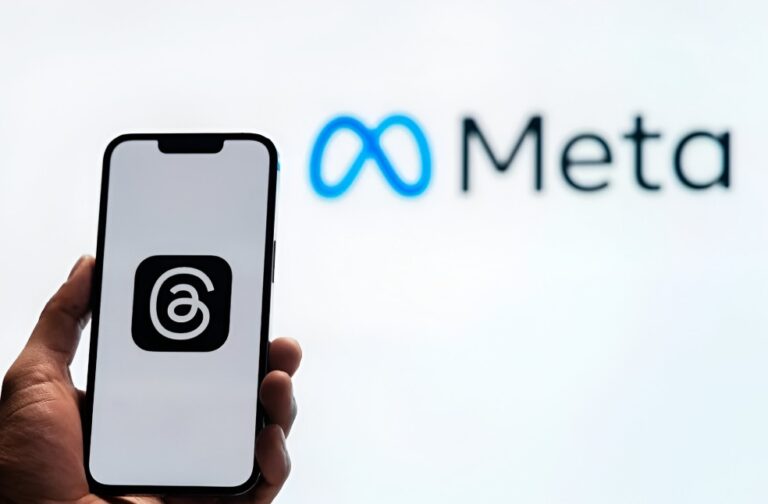United States: Meta Platforms and Amazon have reported major cutbacks to their diversity, equity, and inclusion (DEI) initiatives, joining other U.S. corporations scaling back programmes under increasing political and legal scrutiny.
Meta, the parent company of Facebook, Instagram, and WhatsApp, has decided to end its diversity-focused hiring, supplier, and training programmes. In a memo to staff, the company cited a “shifting legal and policy landscape,” referencing the Supreme Court’s 2023 ruling against race-based college admissions and the increasing politicisation of the term “DEI.”
The company stated it would still seek to hire diverse talent but would no longer prioritise creating pools of candidates based on race, gender, or other characteristics. Meta also intends to stop working specifically with diverse suppliers, pivoting instead to support small and medium-sized businesses. The company’s equity and inclusion movement will be replaced by programmes designed to mitigate bias for all employees.
Amazon is following suit. In a December memo to employees, Candi Castleberry, Amazon’s Vice President of Inclusive Experiences and Technology, announced plans to phase out “outdated programmes and materials” related to representation and inclusion by the end of 2024. The retail giant will instead focus on endeavours with measurable outcomes to foster a broader inclusive culture.
These moves come with scaling conservative backlash against corporate diversity efforts. Companies like Walmart, McDonald’s, JPMorgan Chase, and BlackRock have also scaled back initiatives criticised as “woke” by Republican lawmakers and activists.
Notably, financial firms like BlackRock have recently exited from climate risk-focused groups, and brands like Bud Light and Target have faced boycotts over LGBTQ-friendly campaigns. The retreat from DEI programmes has been gaining momentum since the 2020 racial justice protests and has accelerated following recent legal decisions.
Last year, the Supreme Court invalidated a Nasdaq rule requiring listed companies to include at least one woman, racial minority, or LGBTQ person on their boards. Critics of such diversity policies claim they are discriminatory, a claim that court decisions have bolstered.
Meta’s decision also arrives shortly after ending its fact-checking programme, criticised by Republicans and President-elect Donald Trump. The company has advanced conservative leaders to prominent positions and appears to be recalibrating its policies to address political pressures.

Meta CEO Mark Zuckerberg recently described this shift during a podcast with Joe Rogan. Citing demands to medium content during the Biden administration, including vaccine-related posts, Zuckerberg said the company faced a significant backlash that contributed to its reassessment of policies.
The rollback of diversity efforts has sparked mixed reactions. Conservative activists, such as Robby Starbuck, have marked the trend as a victory over “woke” corporate culture. However, advocacy groups like the Human Rights Campaign argue that inclusive workplace policies are vital for business success.
RaShawn “Shawnie” Hawkins, senior director of HRC’s Workplace Equality Programme stated that, “Abandoning these commitments is a defeat to support employees, consumers, and shareholders.”
As legal and political landscapes evolve, companies emerge to be treading cautiously, balancing their public dedication to diversity with growing external pressures.



